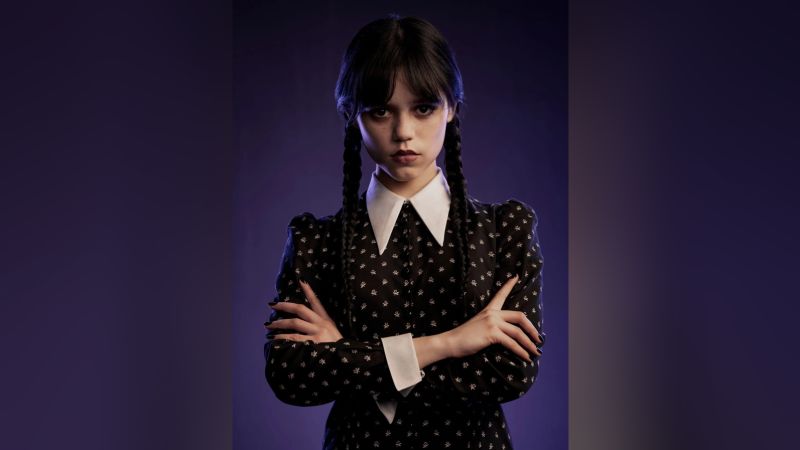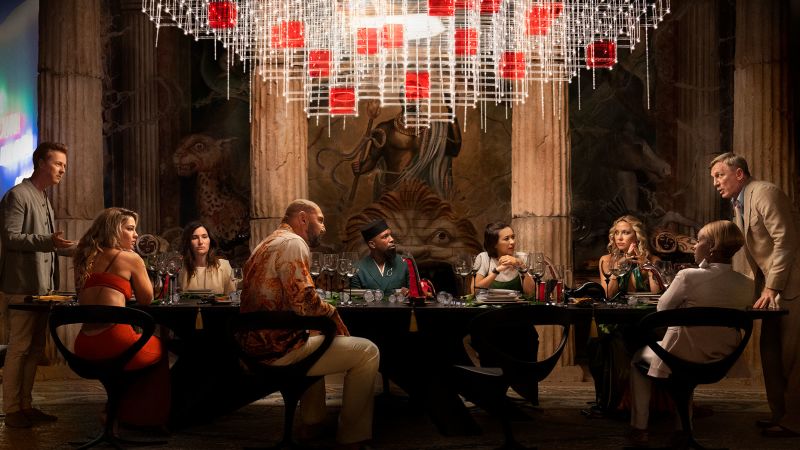Barry Manilow and Bruce Sussman had been striving for years to acquaint Broadway patrons with this group’s true story. Their stick-to-itiveness finally paid off with “Harmony,” the efficient if formulaic “new” musical that marked its official opening Monday night at the Ethel Barrymore Theatre.
New is in quotes because Manilow, who composed the music, and Sussman, the book writer and lyricist, have been working on “Harmony” since the 1990s. It’s doubtless the best musical based on the Comedian Harmonists you’ll ever see. (There have been others.) Before “Mandy” and “I Write the Songs,” Manilow had his heart set on writing Broadway musicals; Sussman, another musical theater lover, has been Manilow’s collaborator on more than 200 songs. The impressive pedigree extends to a cast that includes Chip Zien, Sierra Boggess and Julie Benko, all assets here with proven Broadway chops.
But “Harmony” has one intractable dilemma: the Comedian Harmonists themselves. The actors who portray them — Sean Bell, Danny Kornfeld, Zal Owen, Eric Peters, Blake Roman and Steven Telsey — are vivacious and polished. As an act, though, the group lacks the intrinsic appeal that might sustain our interest through song after song. Manilow and Sussman write for them comic Middle European pastiche performed in six-part harmonies. It’s all done with accomplished musicianship, as well as lively choreography by director Warren Carlyle. And still, the novelty wears thin, quickly.
The framework is the rise of Nazism in Germany in the early 1930s, as the Harmonists’ fame reaches its pinnacle; they even performed in Carnegie Hall in 1933, when they failed to act on an opportunity to stay in the United States. The straightforward account of their forced dissolution is narrated by Zien, who plays Rabbi, the elderly version of the last living Harmonist (portrayed as a younger man by Kornfeld).
Boggess plays a Gentile who marries Rabbi, and Benko a Jewish radical who weds a non-Jewish member of the group. (Both give vivid supporting performances.) This ecumenical dimension dominates the first half of the musical; it’s the culture’s blind spot that the show is highlighting, the fallacy that Adolf Hitler is a passing fad and that Jews and non-Jews at the time could continue to coexist, even intermarry. The mixing of faiths among the Harmonists is posited in “Harmony” as a false flag of national harmony, which proves useful to the Nazis. For a while.
Too much of “Harmony,” however, fixates on the Harmonists’ sterile stage personas, including during an odd fantasy sequence in which they perform, “Copacabana”-style, with a feather-covered Josephine Baker (Allison Semmes). Only in a bitter second-act number, “Come to the Fatherland,” do Manilow and Sussman make inspired theatrical use of the musical’s possibilities. The song, reminiscent of Kander and Ebb’s “Cabaret,” is set at Tivoli Gardens in Copenhagen, where the group, still allowed to travel but outraged by the growing threat, performs a satirical anti-Nazi song — as puppets. In this number and throughout the show, costumer designers Linda Cho and Ricky Lurie work wonders with the wardrobe budget.
Carlyle confers a Broadway sheen on the proceedings, played out on Beowulf Boritt’s simple set, outfitted with dark glass panels that reflect the Harmonists’ silhouettes. It’s as if their ghosts are stalking the Barrymore stage, with Zien in the role of haunted master of ceremonies. The effect in these troubled times is of a cautionary note, about how rapidly violence fed by prejudice can take hold. That is an alarm this earnest musical does manage to raise, potently.
Harmony, music by Barry Manilow, book and lyrics by Bruce Sussman. Directed and choreographed by Warren Carlyle. Music direction, John O’Neill; set, Beowulf Boritt; costumes, Linda Cho and Ricky Lurie; lighting, Jules Fisher and Peggy Eisenhauer; sound, Dan Moses Schreier; orchestrations, Doug Walter. About 2 hours 40 minutes. At Ethel Barrymore Theatre, 243 W. 47th St., New York. harmonyanewmusical.com.



